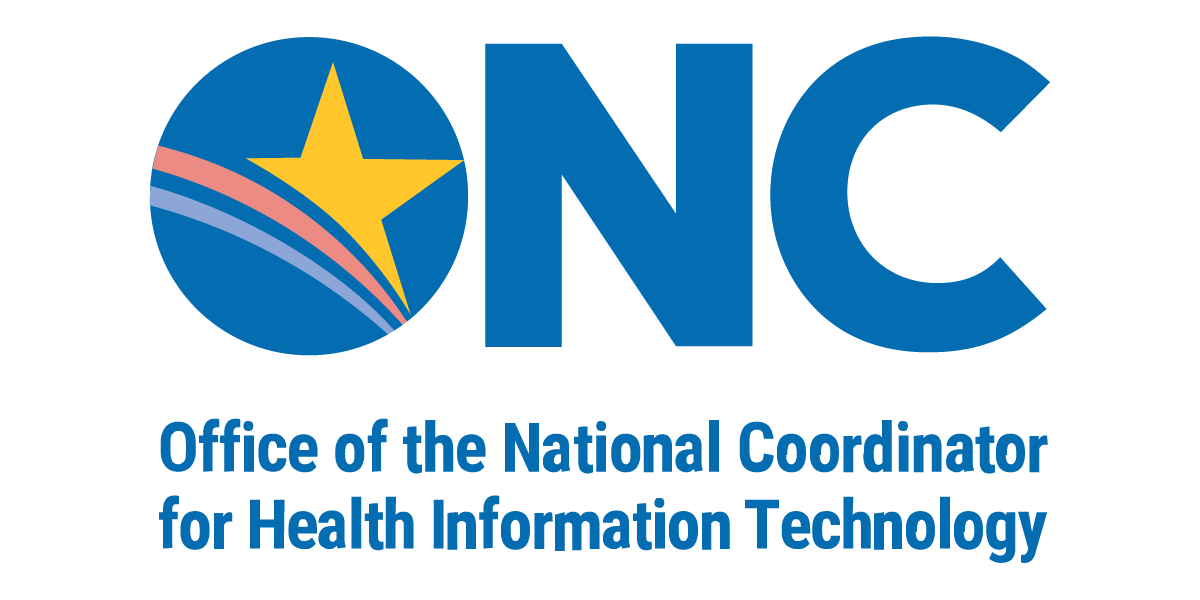Even as the Office of the National Coordinator for Health Information Technology celebrates its 20th birthday, the agency has little time these days to stop and smell the roses. ONC, which supports the adoption of health IT standards from providers and technology vendors, was created by an executive order from former President George W. Bush on April 27, 2004 to help jumpstart the adoption of electronic health records. Before ONC was formed, paper records and charts stored on-site were normal. The Health Information Technology for Economic and Clinical Health Act of 2009 codified ONC's existence and the agency was central to the adoption of EHRs across the industry during the 2010s. In 2024, ONC is faced with a new set of challenges in helping enforce interoperability and regulate artificial intelligence. "Now we're in the next phase, which is a much more expansive mission and set of activities," Micky Tripathi, ONC's National Coordinator for Health Information Technology said in an interview. "How do you now use [medical data] in ways that help us move forward to benefit patients?"
News & Updates
Many digital health leaders in governments internationally face the same types of challenges that we do here in the United States (US). Despite differences in care delivery and payment models, countries around the world are focused on advancing interoperability, galvanizing patient-centered care, empowering individuals, reducing administrative burden for clinicians, and improving the safety, quality, and effectiveness of the health care that’s delivered to their populations.
ONC is more than an organization; it is a movement with a clear vision for all Americans to have better health enabled by data. ONC joined the health IT revolution when it was established by Executive Order on April 27, 2004. Let’s celebrate 20 years of progress in transforming American health care delivery!
In March, the Biden-Harris Administration kicked off adoption of United States Core Data for Interoperability Plus Cancer (USCDI+ Cancer), a recommended minimum set of key cancer-related data elements to be included in patient electronic health records (EHRs). The USCDI+ Cancer initiative will enable healthcare providers to exchange health information about cancer seamlessly, advance equity in treatment, and improve care and outcomes for cancer patients nationwide, according to a White House announcement. Standardizing of data across EHRs also drives greater possibilities for quicker research results and more effective health interventions, say federal officials. “Health information professionals are a critical piece of this,” says Liz Turi, care coordination and collaboration branch chief in the Office of Technology at the Office of the National Coordinator for Health Information Technology (ONC).
The recently released HTI-1 Final Rule from the Office of the National Coordinator for Health IT (ONC) has introduced groundbreaking transparency requirements for artificial intelligence (AI) and predictive algorithms used in certified health IT systems. With ONC-certified health IT supporting the care delivered by more than 96% of hospitals and 78% of office-based physicians, this regulatory approach will have far-reaching effects on the healthcare industry. As EHR/EMR vendors seek to comply with these new regulations, they must navigate uncharted and frequently confusing territory and confront the challenges posed by the complexity and opacity of powerful AI tools, including Large Language Models (LLMs).






